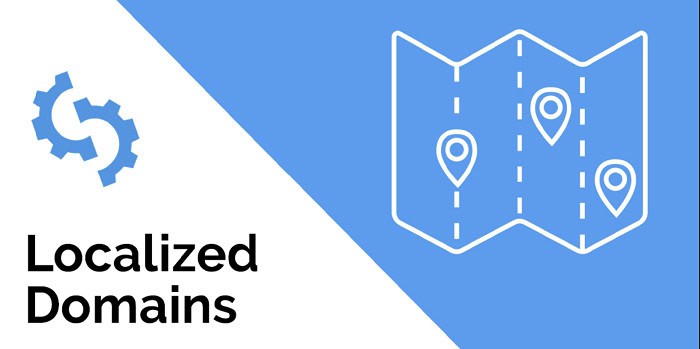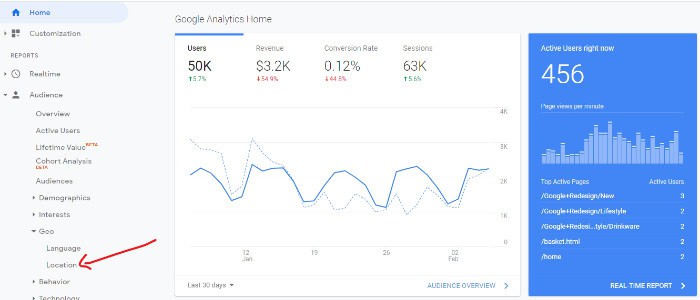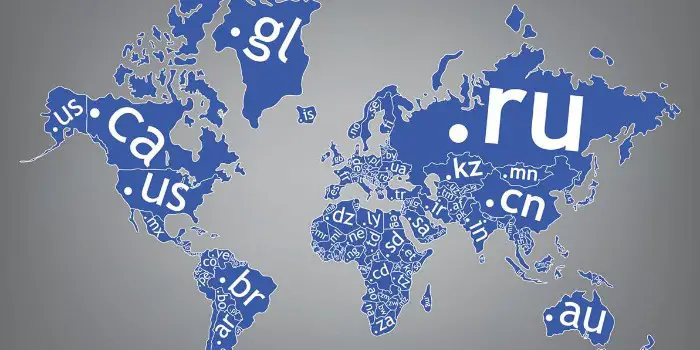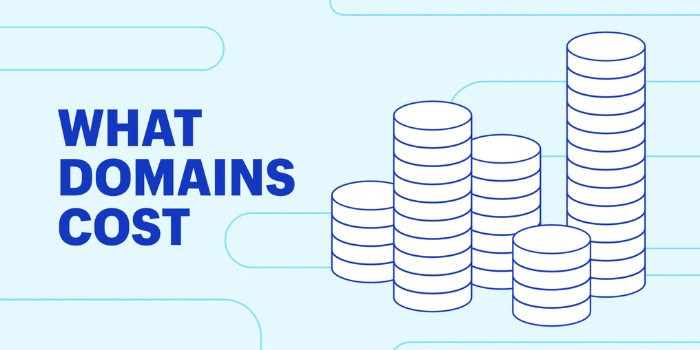Localized domains may be a foreign idea for newcomers to the field of search engine optimization. Local queries dominate the web. Google prioritizes content that offers a solution tailored to a certain region.
Nearby appears in Google’s auto-suggest bar as a possible search term. The term “nearby” has grown in popularity among moviegoers looking for nearby dining establishments, supermarkets, shopping complexes, and movie theaters. Search results are tailored to the user’s present location, which Google determines using their keywords.
Localized searches are the basis for the research that appears. So, if you use Google Search to look for a local restaurant, the top result will be the first establishment that shows up within a certain distance of your present location. The most convenient eatery would appear at the top of the list if you typed in a location.
Domain names with a geographic focus have emerged due to the update of Google’s local search algorithm. You can get your website to the top of the search results using the white hat SEO method. If you want to learn more about localized domains, keep reading.
Table of Contents
Localized Domains: What Are They?
If your firm spans the globe, you can register many domain names. Localized domain names identify a certain nation or region. The domain extension concludes with the respective country code, such as co.UK, fr., cn., etc.
If we were to list the primary advantages of website localization, we would state that a region-specific domain increases your visibility in local searches. It will also benefit your local SEO. Your website will score higher in search results if you opt to display your originality with an io domain extension.
IO is the ccTLD for British Indian Ocean Territory. Presently, .io has become a shorthand for technology, gaming, and startup businesses. Relative to other prominent top-level domains, fewer websites use.io, but this domain extension is gaining popularity among high-traffic technology websites.
One of the additional benefits of owning a localized domain name is that businesses that foreign service customers can build distinct domains for their intended audience. Depending on their locations, these domains remain on the 301 redirects. For instance, users accessing the France website would be immediately transferred to the.fr domain. Similarly, visitors to the website will be redirected to the—Cn domain.
In addition, a further benefit of localized domains is that the content presented on them is niche-specific. It indicates that users who access the.fr domain will receive material in French. This puts the user at ease when reading the content, reducing the website’s bounce rate.
See Also: Transparent Google Search Bar Widget
When Should You Localize?
While the localization process is far from simple, the rewards for your business can be enormous.
If you’re intrigued by localized domains and wish to delve deeper into the world of website localization, consider leveraging advanced website localization tools to enhance your global online presence. It would help if you considered the following factors while deciding whether to localize your domain:
When A Single Country Or Region’s Citizens Make Up A Large Portion Of Your Overall Audience
Using your current analytics. When you utilize Google Analytics (GA), you can see where your site, current analytics, and how many people visit your site. ‘s visitors are coming from. Sign in with your GA credentials. To learn more about your site’s visitors, click here:
Instead,
- sign into your Google Analytics account.
- Select ‘Acquisition‘ from the menu bar.
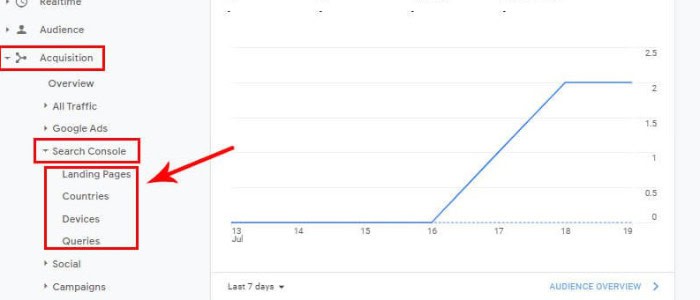
- Next, go to “Search Console,” then “countries.”
Each country or region’s share of visitors, new users, information about sessions, and even bounce rates should be readily available. You can then conduct additional market research to determine if a ccTLD is required.
See Also: What Is Hardware Acceleration In Chrome
When A Large Percentage Of Your Search Queries Have A Geographic Component
You also have the option in GA to analyze your search phrases.
Suppose a considerable proportion of the search phrases you use are related to particular locations. In that case, you might want to consider localizing your website for that country or region.
- Sign into your account with GA.
- Proceed to the ‘Acquisition‘ tab.
- Then, go to the “Search Console.”

- Then ‘Landing Pages
- Navigate to the URL of interest to view the keywords used.
- Try searching for phrases that include the name of certain sites. Click here for best Google Chrome Extensions to block facebook.
If you’re intrigued by the idea of localized domains and wish to delve deeper into the world of website localization, consider leveraging advanced website localization tools. These tools play a pivotal role in enhancing your global online presence.
See Also: How To Download Parler Without Google Play In 3 Methods
Reasons You Should Use Localized Domains
When you register a domain using one of these types, you open the door to several benefits. In this section, we’ll focus on the main perks of a localized website, including its SEO benefits.
Heightened Trust
There is a general aversion to international brands. Localized domains have a high level of trustworthiness because of their proximity to the organization. Customers feel more at ease purchasing from a local store than from a location they can’t physically visit. It’s a wonderful perk to have.
Even if your sport is the best in the area, customers will still look for your address before placing an order. They may not buy it if the company is located in a different region or country. Over time, a domain name translated into a local language becomes synonymous with quality and reliability in the target market.
For your company’s image, you should have your website localized. For the first-timers, they’ll be more awestruck. Using the native tongue on a company website can help it become more accessible to international customers. It boosts your website’s success since it gives users confidence and improves their overall well-being.
Relevancy
One of the primary advantages of these domains is that search engines value websites that deliver useful material to their visitors. The viewers of your blog will have an easier time navigating your website if it has regionally specific domain names and content. It reduces the number of people leaving the site, directly affecting the bounce rate. Customers will spend more time learning about the products or services they purchase.
You may reach a much larger audience with relevant information with a localized domain. To attract and retain customers, the leading brand employs a tactic known as “localize domains.” Also, read this article to watch “This Video Is Unavailable In Your Country”.
Takeaway
Local domain names are for companies operating in several areas or countries to enhance the customer experience. Maintaining a website tailored to a specific country or region can be expensive. Running a unique website may necessitate the use of specific resources.
Have a strategy in place before deploying a local domain name approach.
Does Localizing My Domain Help With My SEO?
Local SEO has become increasingly popular within a short time. To put it all together, here are some local SEO statistics from Social Media Today:
- Google searches are local in 46% of cases.
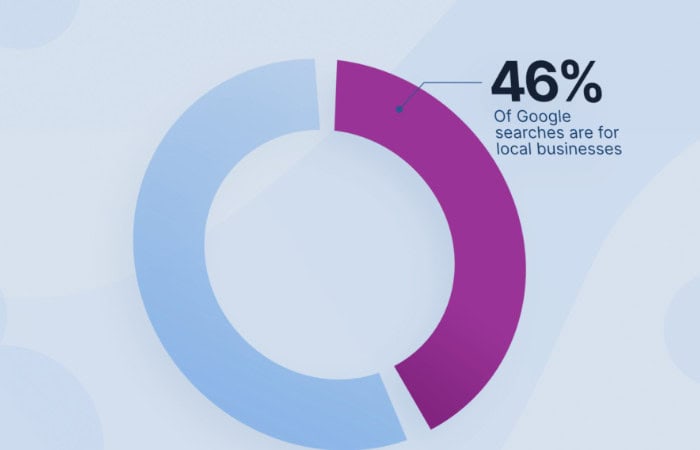
- 97% of consumers use the internet to look up local businesses.
- 23% of users who use the internet to find local businesses do it at least once a week, accounting for 86% of users who use it for this purpose.
- Location-related searches make up about 30% of smartphone searches.
These statistics are a wonderful place to start when deciding whether your website or business might benefit from a greater emphasis on local SEO and whether you should incorporate localized domains into your SEO strategy. Want to sell a movie script to Netflix? Read This.
See Also: How To Add Google Drive To File Explorer
Why Using Customized Domains Is Only Sometimes A Good Idea
There are several drawbacks to keep in mind even if localizing domains can assist you in capturing traffic from around the world and potentially attract new clients and earn more money:
Site Architecture Change
Websites are frequently created to the only display through one generic domain.
Whether you distribute information across numerous local domains, you must determine whether your website can do this or if you are willing to replicate it and maintain separate copies for each nation. It may increase the time and money required to redesign your website and, in the future, manage several sites.
Certain CCTLDs Have Limitations
There are limitations on which ccTLDs you can register.
For instance, you must own an Australian firm or company and present this business number during registration to register an Australian ccTLD. As a result, managing ccTLDs may become much more expensive and time-consuming.
Cross-CCTLD Link Authority Transfer Is Not Possible
As previously indicated, search engines interpret each ccTLD as a unique URL. It means that link equity isn’t transferred across even if you control multiple ccTLDs.
If you own ABC.de and ABC.uk, you cannot transfer link equity between the two languages of your website. Each ccTLD needs to have its link authority established independently, and you must use complex techniques to convey link authority between them. Also, Learn how to block websites on Google Chrome by reading this article.
See Also: 10 Methods To Fix Google Chrome Won’t Open Error
Expenses
Due to some duplication, additional labor, extra infrastructure, etc., ccTLD can be costly. You undoubtedly need to pay for many local domains in addition to the fact that they frequently cost more per domain than generic domains. Additionally, maintaining various languages or currencies and duplicate website infrastructure can drastically raise maintenance expenses.
Despite this, localized domains are still favored by SEO professionals. If you have a region-wide site, Google’s Webmaster Help Center advises using distinct URLs for each translation of your content.
FAQs
How to proceed with setting up a local domain?
To open the Domain Properties dialogue box: Choose File» New» Local Domain from the shortcut menu, or right-click the domain listing and choose New Local Domain from the menu bar. Select the General tab, then type the domain's name into the Domain text box. Destroy the current local domain before creating the new one.
What benefits do local domains offer?
Localized domain name extensions provide a building, business, or organization with a more polished appearance. It signifies the dedication of the company to its target market.
Conclusion
In this article, we told you about localized domains and how and when you can use them. Localized domains are the future of search engines, and we should adapt them. Also, click here for transparent Google Search Bar Widget.


